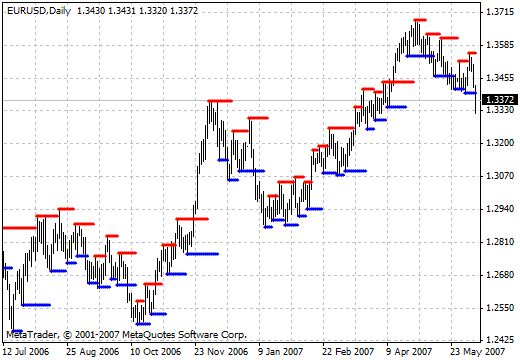Is stock trading gambling?
Is stock trading gambling?
Gambling and investing have a lot of similarities. But, they are also very different. Stock trading investments are not gambling.
Equating the stock market to gambling is a myth that is simply not true. Both involve risk, and each looks to maximize profit, but investing is not gambling. And, gambling is not investing. Each plays a unique role in our society, but investors should not confuse where the similarities end and make each one unique from the other.
- There are two common traits in those who exhibit gambling tendencies when trading.
- If a person trades for excitement or social proofing reasons, rather than in a methodical way, they are likely trading in a gambling style.
- If a person trades only to win, they are likely gambling. Traders with a must-win attitude will often fail to recognize a losing trade and exit their positions.
Trading can be done on scientific fundamentals and technicals
When you gamble, you can initiate your action and then you are at the mercy of the spinning wheel. Of course, experts can help you a little bit but it is purely a game of chance, at the end of the day. Trading has a body of knowledge and science that supports it. You have a fundamental approach where you look at data and news flows before trading. You also have technicals wherein you can use charts, trends and patterns for trading decisions. When it comes to gambling, you do not have access to such scientifically proven methods. That substantially enhances your risk as a gambler.
Trading is still risky, so as gambling
Of course, such an approach to gambling means that you have 50:50 chances of winning or losing. Traders can improve their odds without having to cheat, simply by researching, learning, calculating, knowing human psychology, and more.
By trading for a long time, you can develop a sense of the market. You get to start understanding how people think and behave in certain situations, all of which makes you a better trader, as you instinctively know when to invest when to stay out of the trade, and alike.
In gambling, you cannot make mistakes — you can only make a call that ended up being the wrong one. However, you never had a chance to learn or figure out what is the right way to go, so your choice had to have been a random one.
One example I will use is playing “Live” poker in a casino. (This is an activity I enjoy several times per year.) In this form of gambling, there are 9 or 10 players at a table playing poker for cash or chips which can be exchanged for cash. The casino provides the “Live” dealer, the cards, the table, free drinks, and other nice stuff. In return, they take a cut from each pot or a fee for a time at the table. This fee amounts to several dollars per hand of poker and adds up to around $100 per hour for a full table.
Poker is a zero-sum game. That means when someone wins a dollar someone else loses a dollar. Actually when you consider the house cut it is actually a negative-sum game (I just made up that name). When someone wins a dollar someone else loses a bit more than a dollar.
Conclusion
Stock trading and gambling may look similar at first glance. Both are rather risky, and they can change your life forever if you make a good call and win a lot of money. However, gambling is just that — winning a random game, and even the best gamblers are professional risk-takers.
